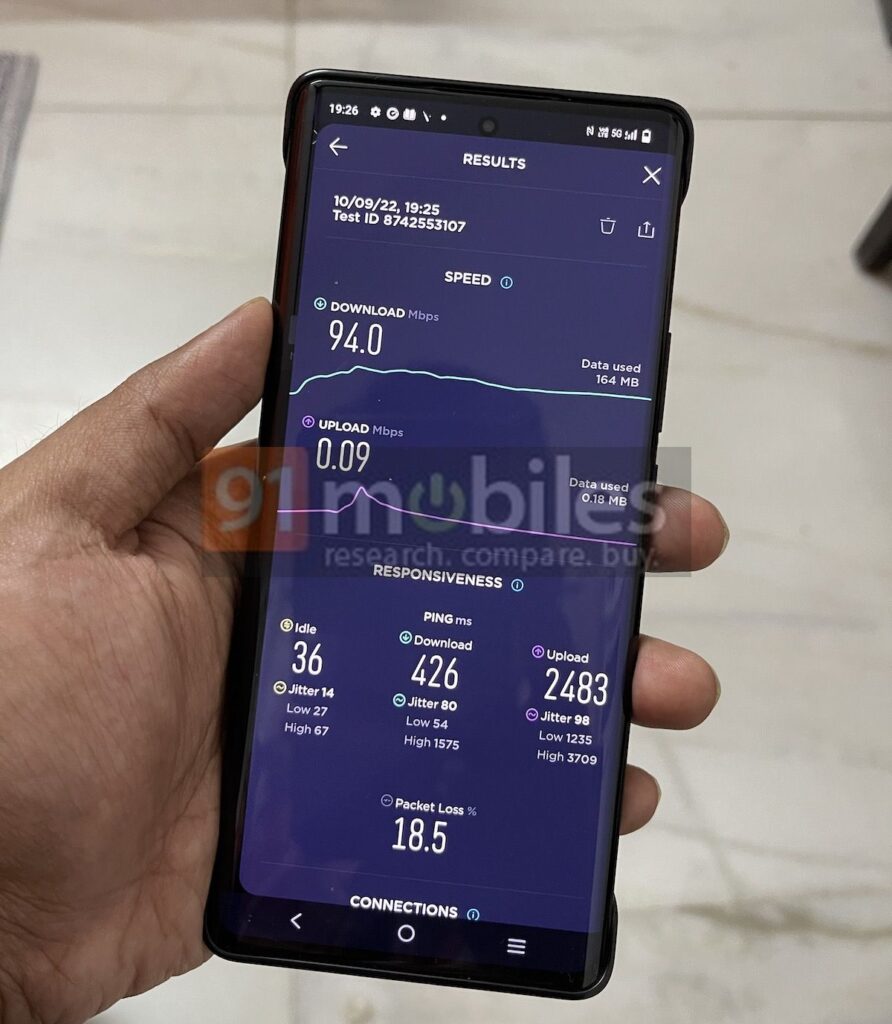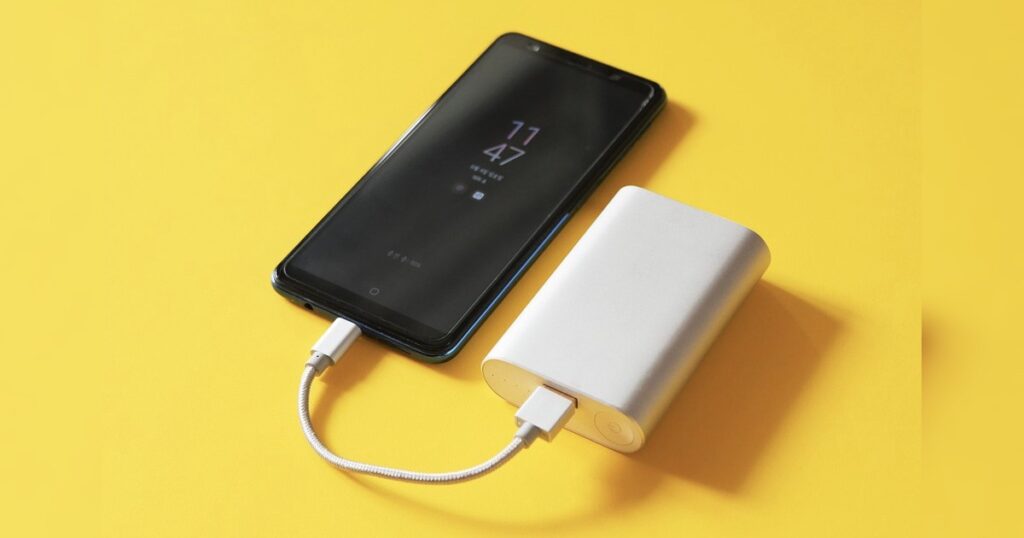
5G services launched in India earlier this month. Both Jio and Airtel have been steadily making their 5G networks available to users in select cities. The first batch of cities to get 5G are New Delhi, Mumbai, Varanasi, Bengaluru, Chennai, and Kolkata, among others. You can read about the full list of cities getting 5G here. Those lucky enough to see the 5G network signal on their smartphone in India know that there are several problems with 5G in India right now. So, should you switch from 4G to 5G? We suggest you wait.
We at 91mobiles have been able to test 5G in certain parts of Delhi. We have also been following stories of several people on social media who have been talking about their experience with the next-gen mobile network as well. Here are some of the problems with 5G in India and why you shouldn’t make the switch just yet.
5G availability is extremely limited at the moment
If you are a Jio or Airtel customer and have not yet seen the 5G network signal on your device, there’s a good reason for it. While 5G has been launched officially, its availability is still limited. Firstly, 5G services are only available in a handful of cities right now. It will take until March 2024 for a pan-India availability of 5G. Second, only certain parts of the cities in the first batch have 5G connectivity. This means that you will have to be in a certain part of Delhi right now, for example, to enjoy 5G speeds.
5G speeds are not what was promised
In theory, 5G is supposed to deliver speeds of over 1Gbps. But this is just in theory right now. Real-world 5G speeds are much lower, and a major factor at play is how close you are to a 5G tower. In some parts of Delhi, you might see 5G speeds over 200Mbps while some might see 5G speeds lower than what 4G is offering. This is a teething issue at the moment. There are limited 5G towers right now and 5G speeds will vary depending on how close or distant you are from a tower. Telcos are working on improving the infrastructure in the coming months, but it will be a while before you see consistent and impressive 5G speeds.
5G is a data guzzler
Jio and Airtel are yet to announce their 5G plans. As of now, customers can enjoy 5G connectivity on existing 4G data plans. This is both good and bad. It’s good because you don’t have to pay extra to use 5G right now. It’s bad because 5G can exhaust a 1GB or 2GB data plan in a matter of seconds. If you’re on a Jio Rs 299 plan, for example, that offers 2GB data per day, you will find yourself exhausting your per day data cap on 5G in a matter of minutes if you run a few speed tests or try to stream content on Netflix or Hotstar.
5G is fast, but your phone’s battery drains faster
If you’ve been fortunate enough to use 5G on your phone, you will notice your device’s battery draining faster than usual. This is because 5G drains the phone’s battery faster than 4G does. The battery drain is primarily because your phone is constantly switching between 4G and 5G networks. 5G uses larger packets of data that tend to affect the phone’s battery life. Samsung stated on its website, “Because your phone is connected to multiple networks simultaneously, the battery will drain faster than one would typically expect, and the phone may get warmer than when solely on 3G or LTE.”
To prevent your phone’s battery from draining quickly on 5G, many OEMs offer a battery optimisation feature that can be used to ensure the device’s battery performance is stable. Some devices, like the iPhone, have a smart data mode that will use 5G only when needed (while downloading movies or streaming in high resolution) and 4G LTE for everything else.
5G is here, but you should continue using 4G
As you can see, there are several issues with 5G in India at the moment. These problems will no doubt be solved in the coming years. And waiting for proper 5G is not a bad thing. While 5G is available, you should still use 4G for most purposes, including streaming content and downloading files, as 4G speeds in India are pretty consistent and reliable. 4G speeds are good enough to stream content without buffering or playing games without lags.



















